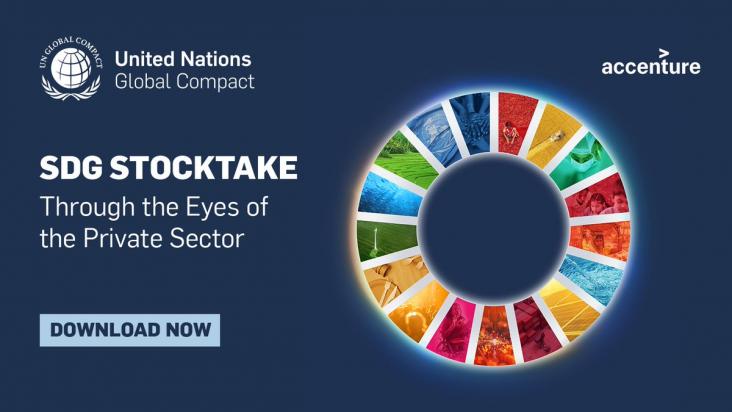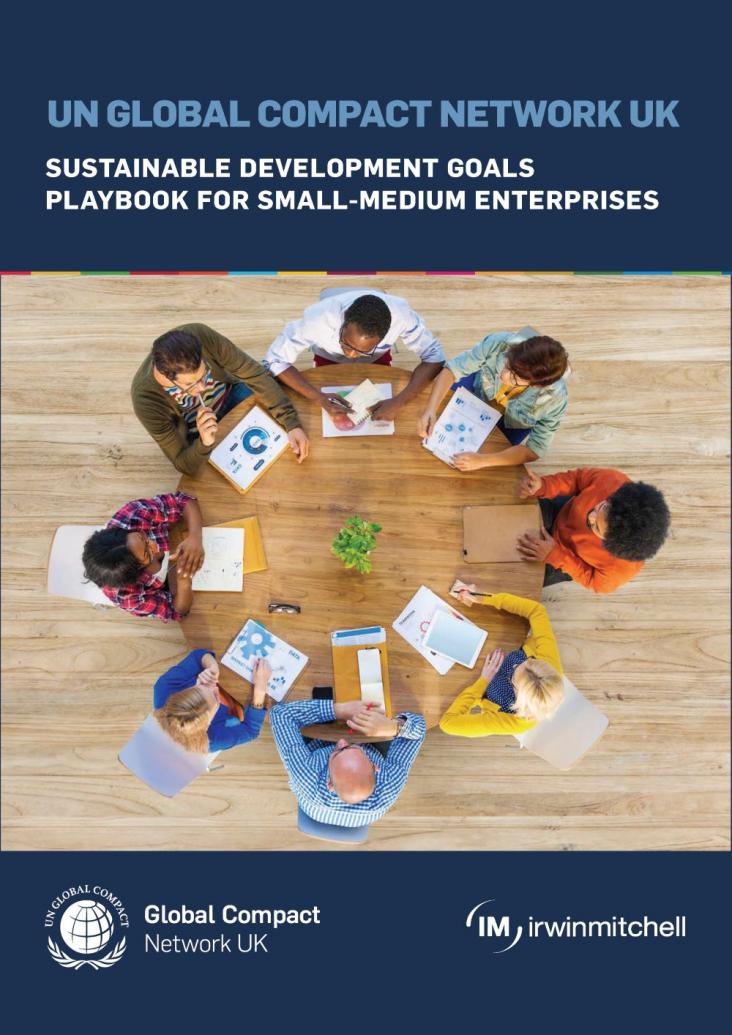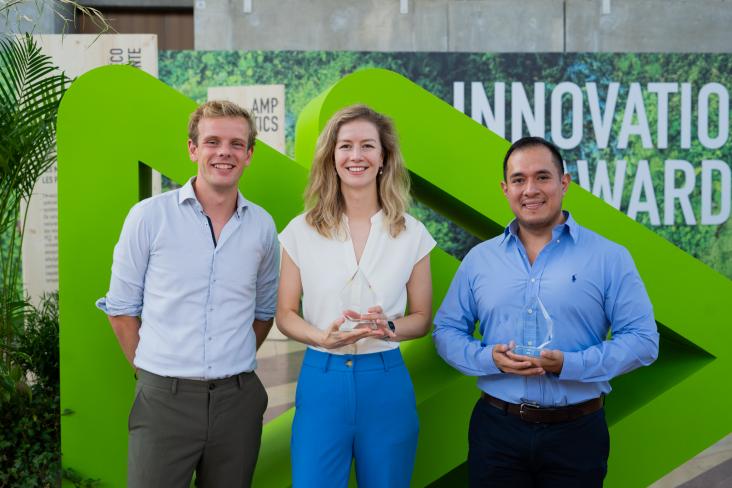Role of Green Chemistry in Ecosystem Restoration to Achieve Environmental Sustainability, Advances in Pollution Research, 2024, Pages 75-82
This content aligns with Goals 15, 17, and 10 by highlighting the role of indigenous knowledge in sustainable development, particularly in areas like land and resource management, disaster risk reduction, and animal husbandry; emphasizing the need to integrate indigenous and scientific knowledge systems to address challenges like climate change and biodiversity conservation; and discussing the challenges faced by indigenous peoples and the importance of recognizing their rights and traditional practices.
This article explores the role of community proactivity in advancing sustainable futures and its impact on community development, with a focus on the sustainability planning process in Vytina County, Greece. The authors employ a bottom-up planning process and a mixed-methods approach to assess proactivity and resistance to change, highlighting the significance of proactivity in achieving sustainable development and its role in shaping communities' futures.
This article explores the role of community proactivity in advancing sustainable futures and its impact on community development, with a focus on the sustainability planning process in Vytina County, Greece. Drawing on existing research, we emphasize the pivotal role of shared visions in driving community proactivity, creating a positive feedback loop, and the need for proactive approaches to address obstacles and stimulate community engagement for resilient futures.


This chapter aims to provide a thoughtful and balanced scientific review and analysis of financial philanthropy gaps and impediments to global public health security, provide a vision of an improve

